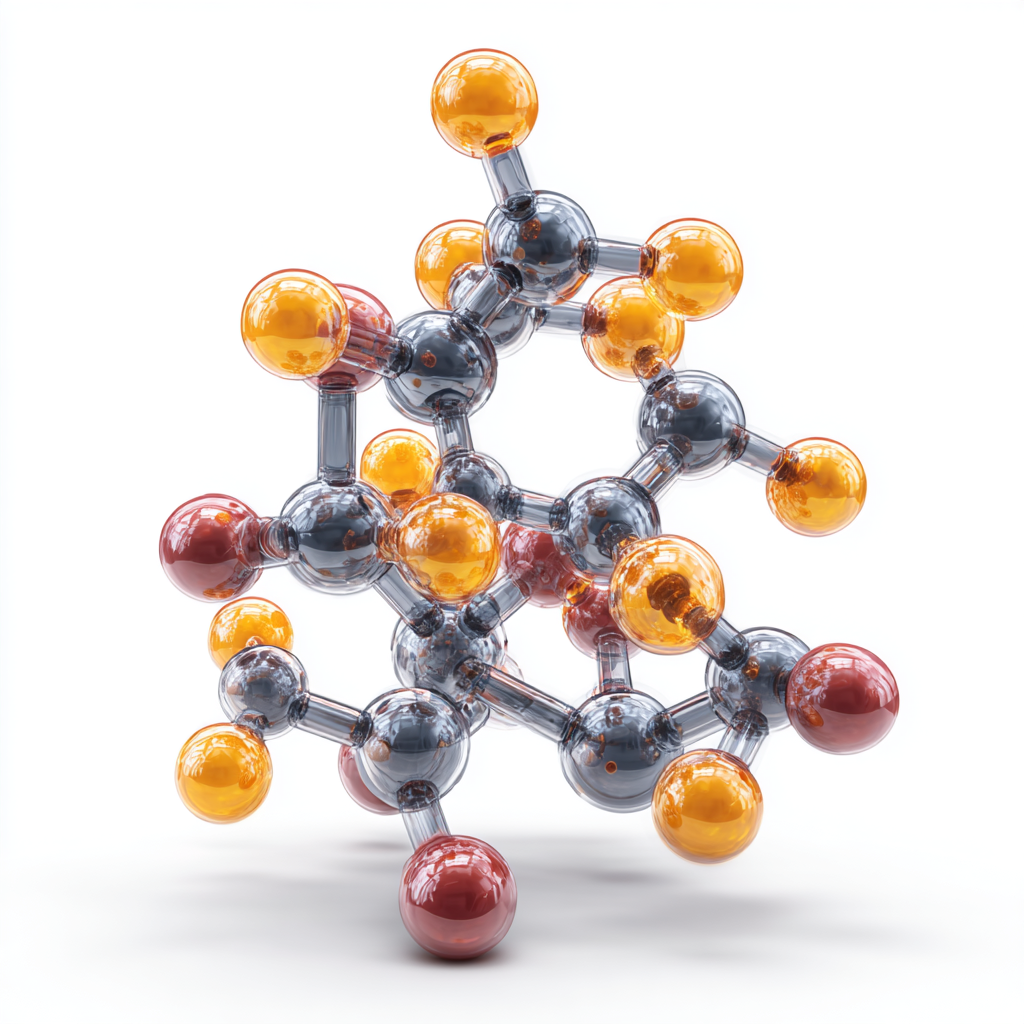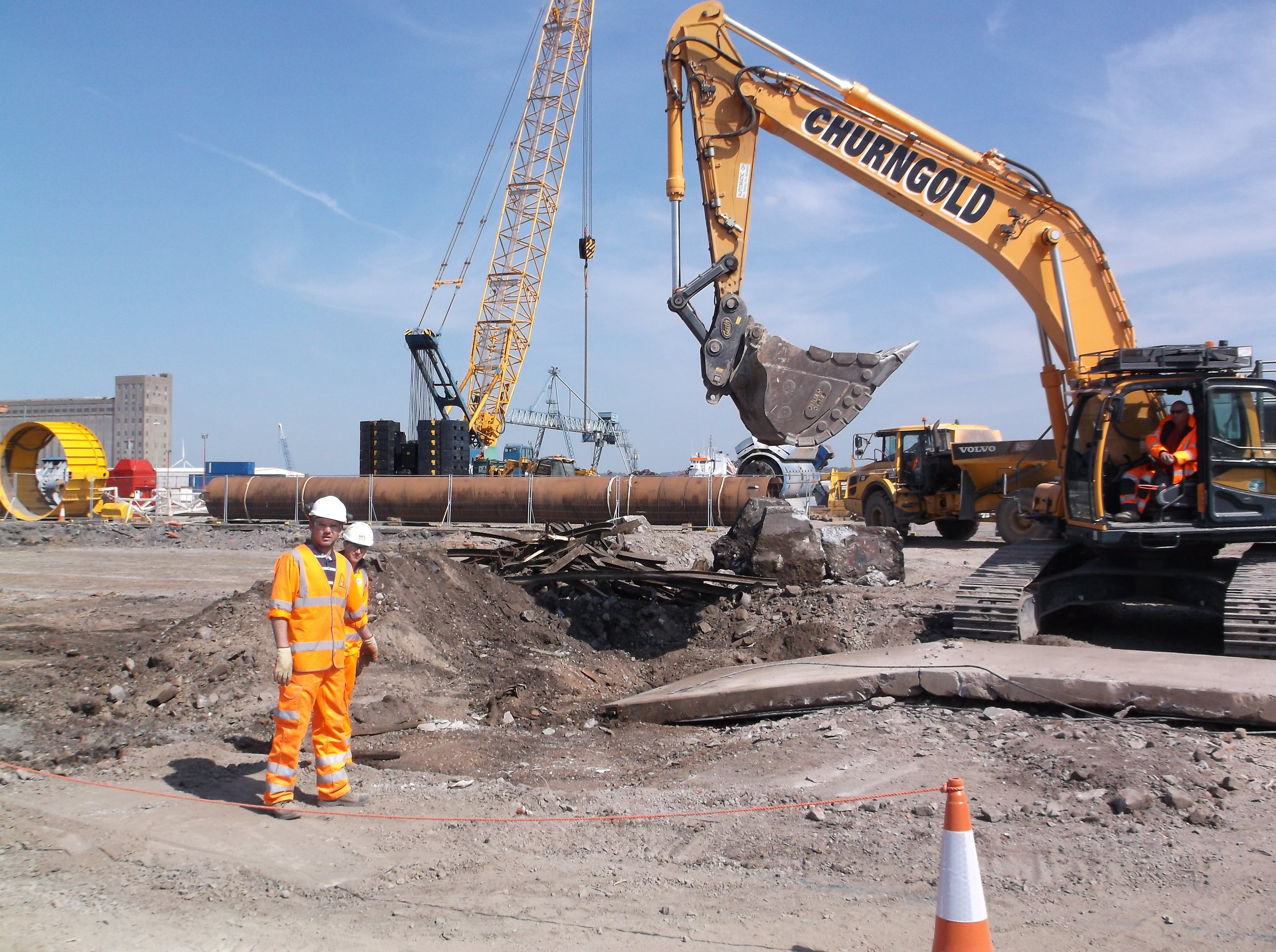
Persistent Organic Pollutants (POPs)
Managing complex contaminants on brownfield sites
Persistent Organic Pollutants (POPs) are toxic, long-lasting chemicals that resist environmental degradation. Common POPs include PCBs, dioxins, and PFAS, which can persist in soil and groundwater for decades. These compounds pose serious challenges to site redevelopment, requiring highly controlled remediation to meet legal and environmental standards.
Why POPs are a risk:
POPs are toxic, bio-accumulative, and resistant to breakdown
Can affect human health and contaminate water sources
Require specific handling, disposal routes, and licensing
Delay planning or land transactions if not identified early
Failing to manage POPs correctly can lead to prosecution and long-term liability.
Our approach
Churngold delivers POPs remediation in partnership with specialist consultants and regulators:
Site investigation and contaminant profiling
Development of tailored remediation strategies
In-situ or ex-situ treatment options
Excavation and licensed disposal for impacted soils
Soil stabilisation, containment, or barrier systems
Groundwater monitoring and protection
Full compliance reporting and regulator liaison
We work to current UK and international standards, ensuring every step is fully documented and risk-controlled.
When to involve Churngold
Bring us in early if:
Site investigations suggest elevated PFAS, PCBs or similar compounds
You’re working on a former industrial, chemical or landfill site
Planning or funding requires environmental risk management
You need to reduce programme delays from complex remediation
FAQ
-
What are Persistent Organic Pollutants (POPs)?
POPs are long-lasting chemical compounds such as PFAS, PCBs, and dioxins. They resist natural breakdown, can travel through soil and water, and may pose serious health and environmental risks.
-
How do you identify POPs on a site?
We conduct site investigations and laboratory analysis to determine the presence, type, and concentration of POPs in soils or groundwater. This informs the remediation strategy.
-
Can POPs be treated on-site?
Some POPs can be treated in-situ or stabilised to reduce risk, but others may require off-site disposal at licensed hazardous waste facilities. We tailor the approach based on contaminant type, site use, and regulator input.
-
What regulations apply to POPs remediation?
POPs are regulated under UK environmental law, including waste regulations and the Stockholm Convention. Works must comply with specific guidance for safe handling, disposal, and documentation.
-
Do you liaise with regulators during the process?
Yes. We coordinate closely with the Environment Agency and local authorities to ensure compliance, provide evidence, and gain approvals where needed.
Case Study HPC Marine Works
Client: Costain
Project Name: HPC Marine Works
Location: Avonmouth Docks
Sector: Industrial
Project Value: £4.9M
Engineer/Architect: Ramboll
Project Period: January 2017 to December 2017
Churngold were awarded the contract by Costain to deliver groundworks, environmental protection, and enabling works for a marine infrastructure project at Avonmouth. The works were undertaken in a sensitive environmental zone with strict controls on waste and water. As part of the early phase, we managed the identification, handling and disposal of contaminated and hazardous soils, including materials suspected to contain legacy pollutants such as hydrocarbons and persistent organic compounds. Our delivery met all compliance standards for marine and environmental safety.
Tackle the toughest contaminants with confidence
Contact Churngold’s remediation team for advice on managing POPs safely and effectively.
-

Chlorinated Solvents
Providing expert remediation for sites contaminated with chlorinated solvents.
-

Hydrocarbons
Effective cleanup and management of hydrocarbon spills to restore contaminated sites.
-

Heavy Metals
Conducting thorough assessments of heavy metal contamination for a healthier environment.
-

Invasive Plants
Implementing strategies to control and eradicate invasive plant species for ecological balance.
-

Asbestos
Specialised in safe asbestos removal to protect health and comply with regulations.



